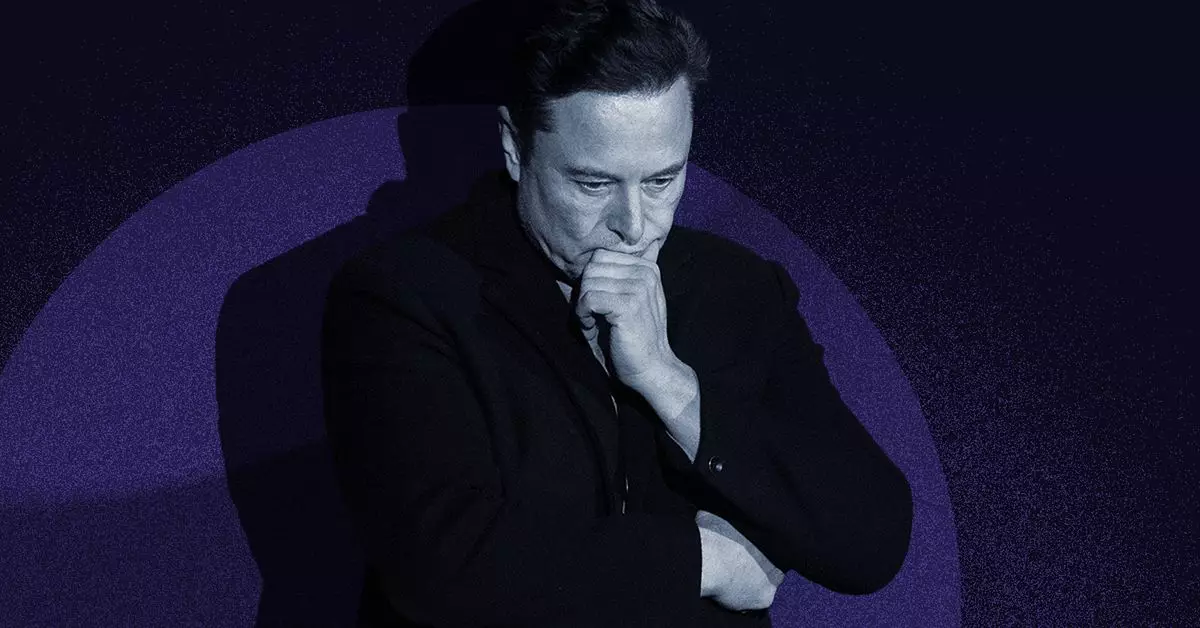Elon Musk, a figure synonymous with innovation and controversy, has recently stepped into the realm of government oversight as the co-lead of the fictitious Department of Government Efficiency (DOGE). While the notion of streamlining government operations may resonate with many who are frustrated by bureaucratic inefficiencies, Musk’s methods raise significant ethical concerns. Instead of facilitating constructive dialogue about government roles and responsibilities, Musk appears to have chosen a more confrontational path, singling out individuals in positions he deems unnecessary. This tactic not only undermines the intended purpose of such initiatives but also serves to create a toxic environment for public sector employees.
Recently, Musk highlighted Ashley Thomas, Director of Climate Diversification at the U.S. International Development Finance Corporation, posting disparaging comments on the platform X. This action sparked a surge of attention that quickly morphed into harassment from many of his followers. Musk’s phrase, “so many fake jobs,” echoing through platforms with millions of interactions, raises questions about the responsible use of social media, particularly by influential figures. Instead of fostering constructive criticism and policy discussions, Musk’s approach transformed his platform into a battleground where individuals become targets of mob mentality. This reflects a worrying trend in which the lines between free speech and harassment become alarmingly blurred.
The ramifications of this kind of unchecked behavior can be profound. Federal employees, such as Thomas, who are merely fulfilling their roles in public service, might find themselves subjected to relentless scrutiny and harassment, leading to severe personal and professional repercussions. Everett Kelley, president of the American Federation of Government Employees, articulated the fallout, suggesting that Musk’s posts sow fear among federal workers. This fear may not only hinder the performance of the individuals targeted but can also have a chilling effect on their colleagues, stifling innovation and engagement in essential public service roles.
Musk’s actions, while seemingly personal in nature, highlight a troubling trend in contemporary society: the descent of civil discourse into vitriol and personal attacks. In the name of free speech, harmful rhetoric has flourished, often translated into harassment that forces individuals into obscurity—a tactic Musk has employed previously as noted in several high-profile incidents. By casting civil servants in a negative light, Musk risks damaging the foundations of public trust in institutions, which are increasingly seen through the lens of skepticism and division.
As Musk and his DOGE initiative promise to continue their efforts in a highly public manner, there is an urgent need for accountability in how public statements and social media interactions are handled. Individuals in the public eye must recognize their unique power and influence and be mindful of the impact their words can have on real lives. The digital age must be navigated with a sense of responsibility rather than recklessness, ensuring that the voices of individual civil servants are not drowned out by the cacophony of targeted harassment. Only then can we hope to foster healthy, constructive discussions that elevate public service rather than diminish it.

